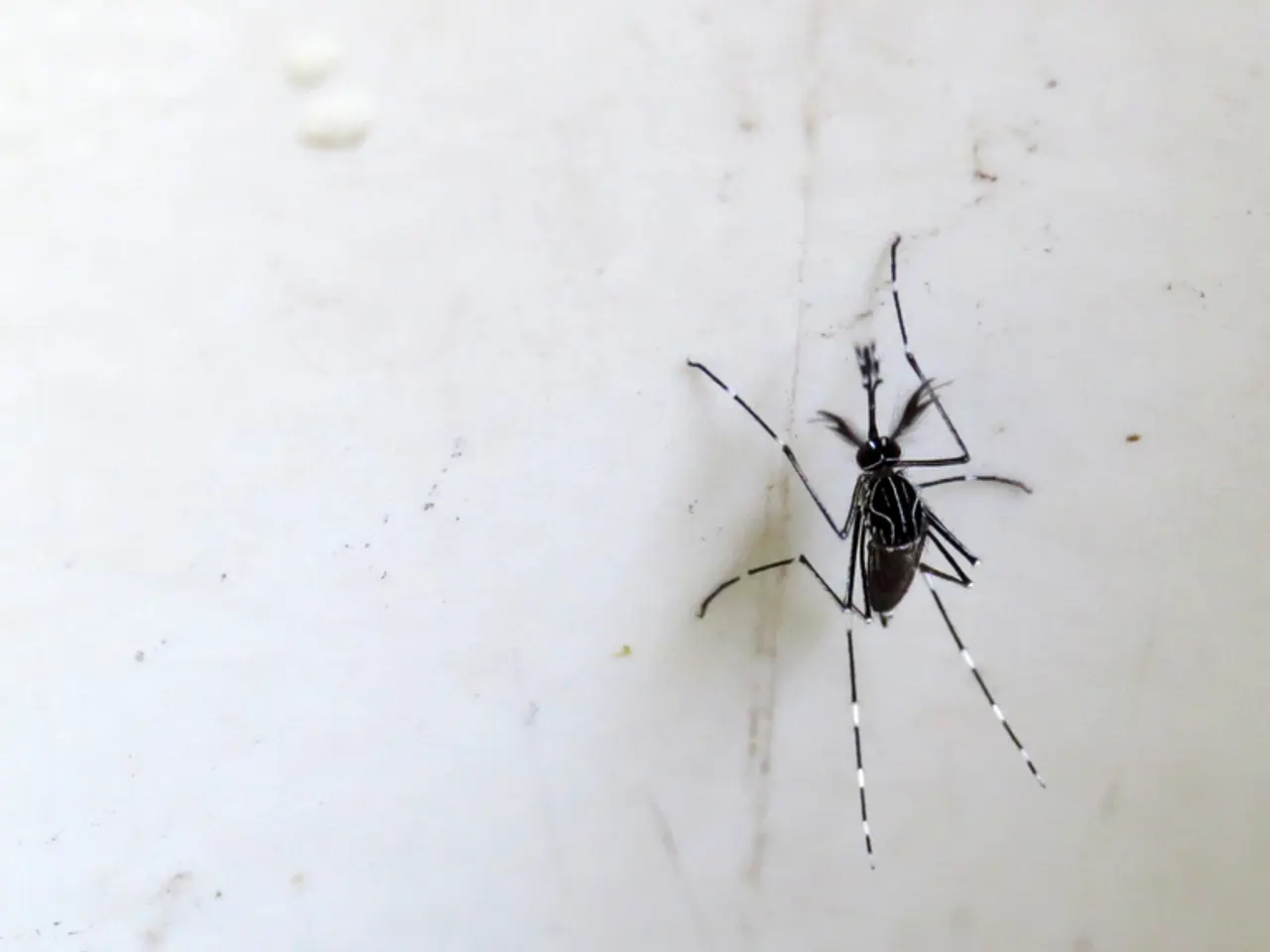Deadly Outbreak of West Nile Virus Claims Lives in Greece, Tally Reaches 7
In recent months, health authorities in Greece and Austria have reported an increase in cases of West Nile Fever, a mosquito-borne disease that can cause severe illness in some individuals.
According to the Greek National Public Health Organization (EODY), seven people have tragically lost their lives to the virus this year, with six patients hospitalized and three in intensive care units. The majority of the confirmed cases have been registered in rural areas around the capital Athens and in Central Greece.
The transmission of West Nile Virus occurs through the bite of an infected mosquito, with certain types of mosquitoes acting as carriers of the viral agents. As temperatures around 32 degrees Celsius prevail in almost all regions of Greece, the risk for West Nile Virus is heightened.
While many infected with West Nile Fever may not notice the disease, severe cases with high fever are more common in older people or those with underlying conditions. Mild symptoms of the disease may include headache and muscle aches. By August 20 of this year, a total of 47 cases of West Nile fever had been confirmed, with all the deceased being over 65 years old.
By September 17, 68 cases of central nervous system infection by the West Nile Virus had been confirmed, indicating a continued rise in cases.
In Austria, the first reported cases of West Nile fever were notified by the Austrian Agency for Health and Food Safety (AGES). As the virus continues to spread, it is important to take precautions to protect oneself from mosquito bites.
Doctors in Greece advise using insect repellent and, if possible, installing mosquito nets over beds. By taking these simple measures, individuals can help reduce their risk of contracting West Nile Fever.
It is important to note that no specific treatment exists for West Nile Fever, and recovery depends on the severity of the disease. Recovery from the disease can take several weeks or months, and some individuals may experience long-term complications.
The number of unreported West Nile Fever cases is likely much higher due to many infected individuals not developing any symptoms or only mild symptoms. As such, it is crucial to remain vigilant and take precautions to protect oneself from mosquito bites.
In conclusion, the rise in West Nile Virus cases in Greece and Austria serves as a reminder of the importance of taking precautions to protect oneself from mosquito-borne diseases. By taking simple measures such as using insect repellent and installing mosquito nets, individuals can help reduce their risk of contracting West Nile Fever and other mosquito-borne diseases.






